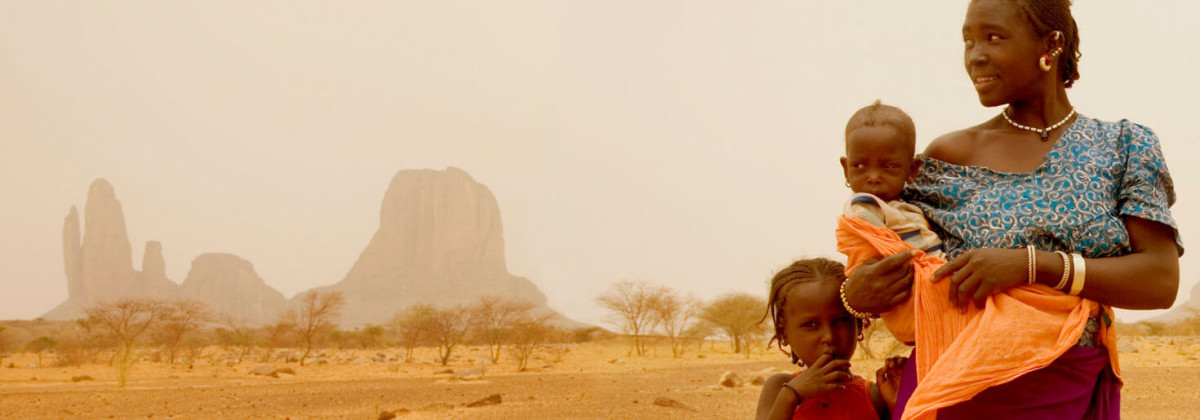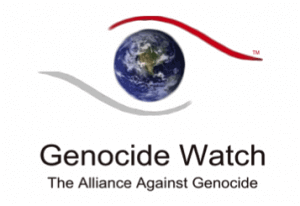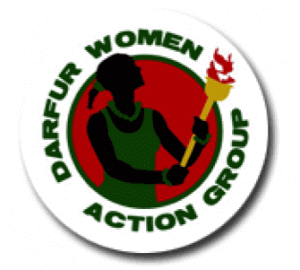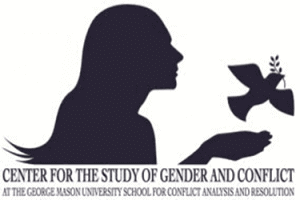Darfur Women Action Group’s Letter to the United Nations Security Council
Re: 221 Tabit Women Raped October 2014
We, the undersigned, write today to express our deep concern about the continuing surge of violence that has devastated the lives of people in Darfur, Sudan. We are particularly concerned with the ongoing lack of independent and transparent investigations regarding the mass rape of 221 women and girls in Tabit a year after the attack. We are extremely disturbed that the UNSC is fully aware of the brutal attack against the women of Tabit and these women and their families have been left to face unspeakable suffering and fear along without protection, treatment or justice. On this one year anniversary of the shocking incident we would like to take this opportunity to remind and urge the UNSC to fulfill its responsibility pursuant to international human rights and humanitarian norms to protect the people of Darfur – particularly women – to end the genocide in Darfur, bring justice to victims, and accountability for Sudanese President Omar al-Bashir and others responsible for the crimes committed in Darfur. Accordingly, we demand that the United Nations Security Council not ignore or allow such horrors of the ongoing attacks against civilians in Darfur to continue with impunity.
On the evening of October 31st, 2014, at approximately 8pm local time, government soldiers in Northern Darfur attacked a village just a few miles away from the United Nations African Union Mission in Darfur (UNAMID) headquarters. These soldiers rounded up the Tabit villagers, beat them with their guns, and separated the men from the women by force. The soldiers then stayed until the following morning, raping approximately 221 women and girls.
Immediately following the rape, the Sudanese government denied the attacks and prevented UN investigators from entering the town to try to prevent victims and witnesses from sharing information about the crimes. Even after the army commander admitted guilt and apologized, the Sudanese government formally denounced reports of the rape as “fabricated reports.”
The UN-African Mission in Darfur (UNAMID) investigation team attempted to cover up the rape, concluding that there was never any incident of mass rape in Tabit. UNAMID denied any information regarding media allegations during the period in question. Multiple victims and witnesses later reported that government officials threatened to imprison or kill anyone who spoke out about the attacks.
Sadly, this is not an isolated incident but a deliberate and systematic trend of the ongoing attacks against women, men, and children in Darfur that has forced millions from their homes for over 12 years.
UNAMID’s failure to properly investigate and Sudan’s denials that crimes had occurred has contributed to the UN Security Council’s failure to enforce a strong international response to the incident. Furthermore, the Council’s inaction has sent a wrong signal to the government soldiers and their proxy militias that they can commit such crimes with impunity. It has now been one year since this incident occurred. Regrettably, there has not been a formal investigation nor any kind of treatment or support provided to the Tabit victims and survivors.
Today, Omar al-Bashir stands accused of the world’s worst crimes – genocide, war crimes and crimes against humanity. Despite more than 40 resolutions made by the UNSC on Darfur and the ICC issuing five arrest warrants for individuals responsible for the genocide and other crimes in Darfur, Sudan has refused to fulfill its commitments to international treaties related to human rights and demonstrate respect for the rule of law. Furthermore, Sudan has continued to defy justice and to undermine the authority of the UNSC by flouting its obligation to cooperate with the ICC.
Accordingly, we the undersigned strongly call on the UNSC members and international community to match their words with actions. It is imperative that the UNSC members uphold their obligations to the international norms that they have voluntarily adopted and fulfill their promises to the people of Darfur. We urgently petition the UNSC to immediately take the following measures to end violence, protect civilians, and restore the dignity of the people of Darfur and Sudan at large.
We, the undersigned, ask that the UNSC immediately:
● Pressure the Sudanese regime and its sponsored militias to immediately cease its criminal and violent attacks and air bombing in Darfur and throughout Sudan, including South Kordofan and Blue Nile.
● Create a professional and independent task force with expertise in sexual and genderbased violence to conduct an investigation into alleged abuses in Tabit and provide comprehensive physical and psychological treatment for the victims and their families; or in the event of lack of investigation, relocate the victims and their families to enable them to receive necessary aid and lifesaving assistance.
● Pressure the government of Sudan to allow unhindered humanitarian access to all people in Darfur and throughout Sudan and to ensure that medical services are available to all those in need, including establishing a permanent presence, such as an operations base.
● Pressure the government of Sudan to order its armed forces, military intelligence, and allied militias to stop all abuses – including harassment, intimidation, arbitrary arrests, and restrictions on freedom of movement – against Tabit residents for speaking out or seeking to enforce their rights concerning crimes committed in the town.
● Ensure that any abusive forces are removed from Tabit and its proximity, and that all military personnel, regardless of rank, implicated in abuses – including as a matter of command responsibility – are held fully accountable.
● Impose travel bans and asset freezes on the individuals responsible for the crimes committed in Darfur- particularly against women- and for the continued obstruction of peacekeepers and UN investigators. Rape as a weapon of war is an international crime of global magnitude. It is imperative that the UNSC makes it clear that impunity for such horror is not an option.
Sincerely,
Niemat Ahmadi
President, Darfur Women Action Group
Washington, DC
Esther Sprague, Founder and Director
Sudan Unlimited San Francisco, CA Prof.
Gregory Stanton
President, Genocide Watch
George Mason University
Arlington, VA
Eltahir Abbo, General Secretary
Darfur Association in Arizona Glendale, AZ
Al Sutton, M.D.
African Freedom Coalition
New York, NY
Ismael Adam
President, Darfur Association of Canada
Toronto, CA
Nuraddin Abdulmannan
Nubia Project
Washington, DC
Martina Knee, Co-Founder
Act for Sudan
San Francisco, CA
Eric Cohen, Chairperson
Investors Against Genocide
Boston, MA, USA
William Rosenfeld
Director, Massachusetts Coalition for Darfur
Boston, MA
Katie-Jay Scott
Stop Genocide Now
Redondo Beach, CA
Olivia Warham
MBE Director, Waging Peace
London, UK
Martha Boshnick
Co-chair Darfur Interfaith Network
Washington, DC
Beth McDaniel
Carl Wilkens Fellowship
Redondo Beach, CA
Sharon Silber
Co-Founder, NY Coalition for Sudan
New York, NY
Eileen B. Weiss
Co-Founder, Jews Against Genocide, U.S.
New York, NY
Cory Williams
Darfur and Beyond
Phoenix, Arizona
Ismail Kardoly
Sudan Human Rights Network
Washington, DC
Prof. Mahmoud Braima
President, Darfur Association USA
Dr. Eleanor Wright
Sudan Advocacy Action Forum
Dr. Jacky Mamou
President, Collectif Urgence Darfour
Paris, France
Monica Feltz, Esq., LL.M.
Executive Director, International Justice Project
Newark, NJ
Yagoub Abbo
Fur Solidarity, USA
Sioux Falls, SD
Elfadel Arabab
Executive Director, Fur Cultural Revival
Portland, ME
Melanie Nelkin
Chair, Georgia Coalition to Prevent Genocide
Georgia, USA
Motasim Adam
Darfur People’s Association of New York
Brooklyn, NY
Ahmed. H. Adam
Visiting Fellow, Institute for African Development
Cornell University, Ithaca NY
Bakhiet Shata
President, Darfur Community Organization
Omaha, NE
Mohamed Khidir
Nubia Call USA
Adam Omer
President, Darfur Association
Lincoln, NE
Antonella Napolio
Executive Director
Italians for Darfur
Rome ,Italy
Dr. Mukesh Kapila
Special Representative
Aegis Trust
Contact: Niemat Ahmadi, President, Darfur Women Action Group 1050 17th Street NW, Suite 1000 Washington, DC 20036 E:niemat@darfurwomenaction.org C: 804 439 2022







